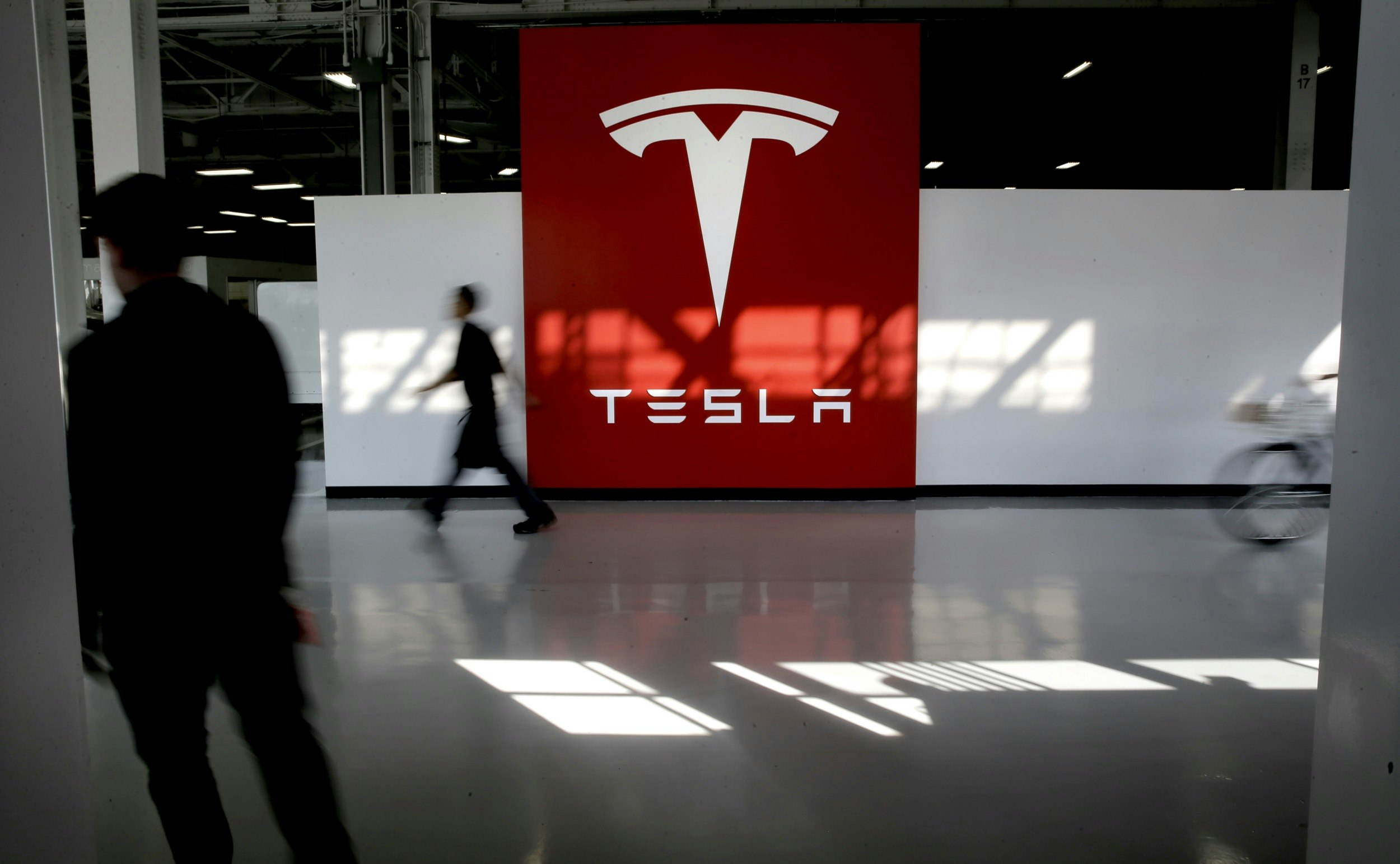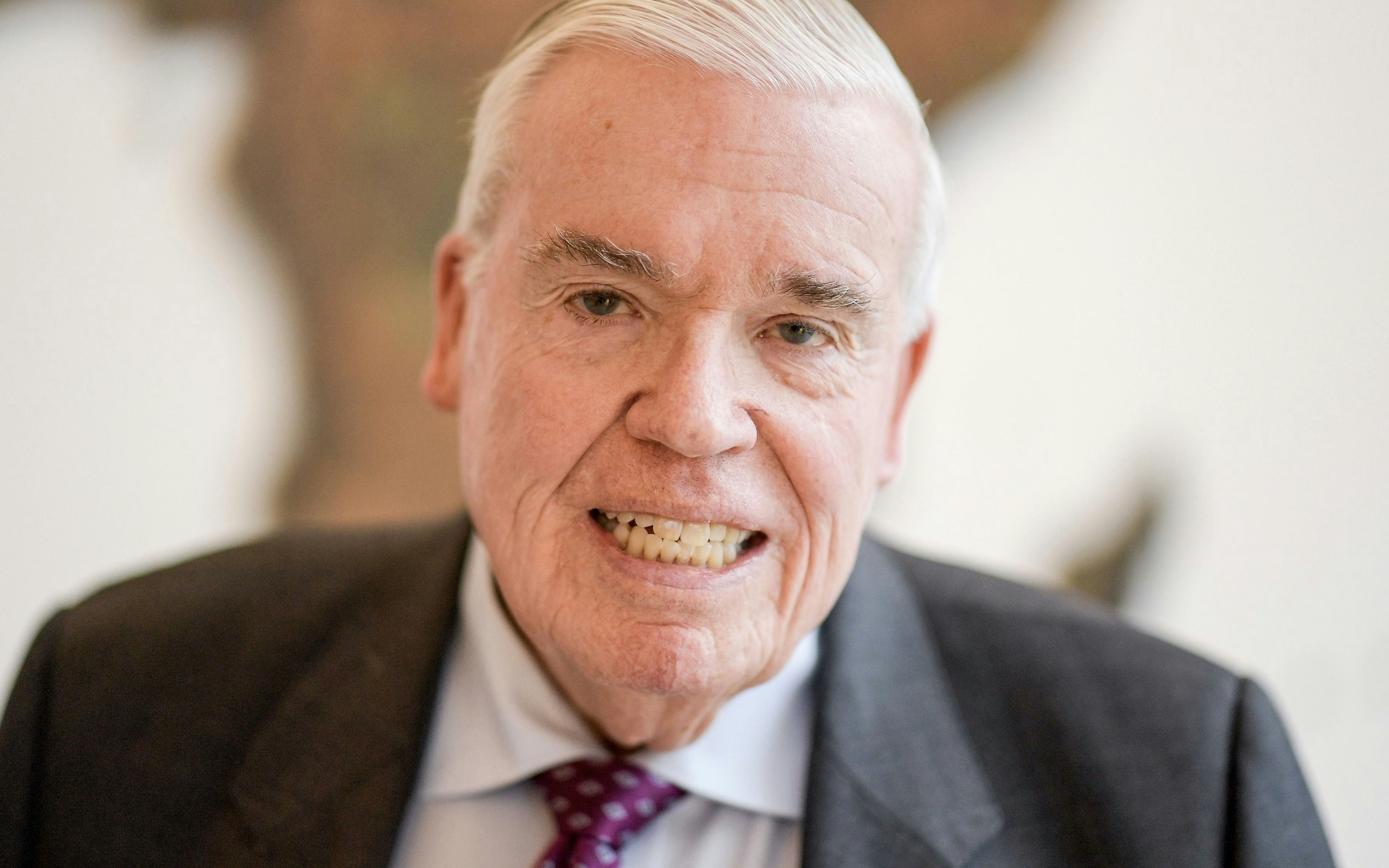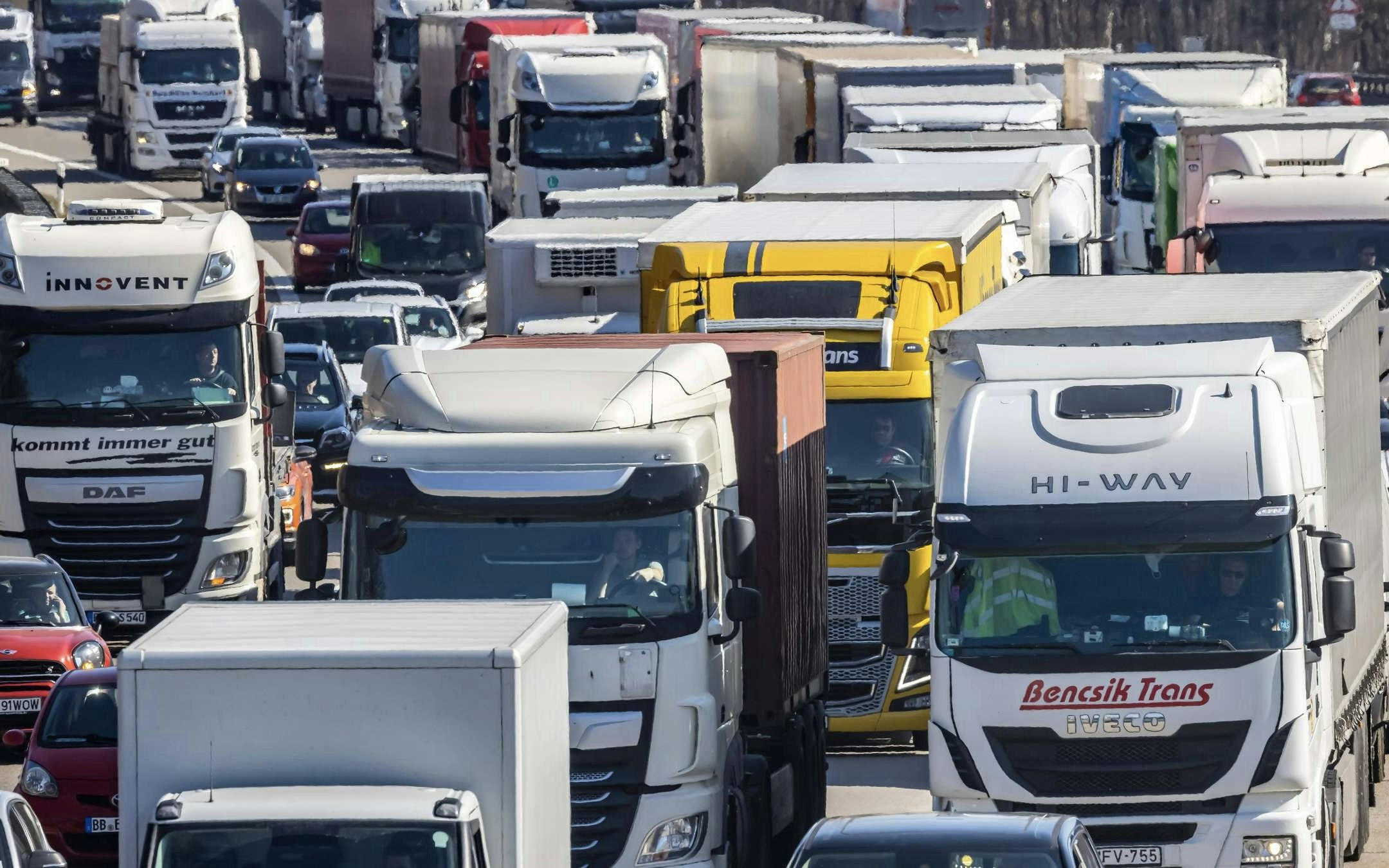Business
The heading translates to: "European Space Market Under Pressure: Thales and Airbus Seek Alliance, OHB Warns of Monopoly.
The negotiations between Thales and Airbus regarding a strategic alliance in the space industry could dominate the European market and restrict competition.

The European space industry faces a significant realignment as Thales and Airbus negotiate a strategic alliance.
Fuchs announced that he would inform the European Commission about anti-competitive practices if the alliance makes concrete proposals. "That would be a very strong, market-dominating player. We are concerned. I think competition will be reduced," he explained to the Financial Times. Eurogas, an industry association with over 100 members like Shell, TotalEnergies, and Equinor, has not yet made specific statements regarding the reasons for the rejection. According to insiders, legal concerns play a significant role, as the merger would increase market shares to about 59 percent – well above the EU's threshold of 30 percent.
The planned alliance comes at a critical time as both Thales and Airbus are struggling with a sharp decline in their traditional telecommunications satellite markets. Competition from Elon Musk's Starlink network, which uses lower Earth orbit positions, has significantly reduced the market share of established companies. Additionally, the European space industry is disadvantaged by lower government and institutional demand compared to the USA, where NASA, public institutions, and the Pentagon award large contracts.
Analysts like Caleb Henry from Quilty Space see the alliance as a potential threat to the European space market. "A merger of the two largest European space companies would drastically reduce the number of prime contractors and hinder intra-continental competition," said Henry. This could lead to governments like Germany increasingly awarding contracts to companies like OHB to maintain a competitive duopoly structure.
Despite the risks, a spokesperson for the talks emphasizes that the alliance aims to strengthen Europe's competitiveness and achieve critical mass. However, without sufficient government support and robust demand, the outlook remains uncertain. The previous negotiations, which failed in the summer, indicate that reaching an agreement might be difficult, especially in view of the rapid innovation cycles accelerated by competitors like SpaceX.






